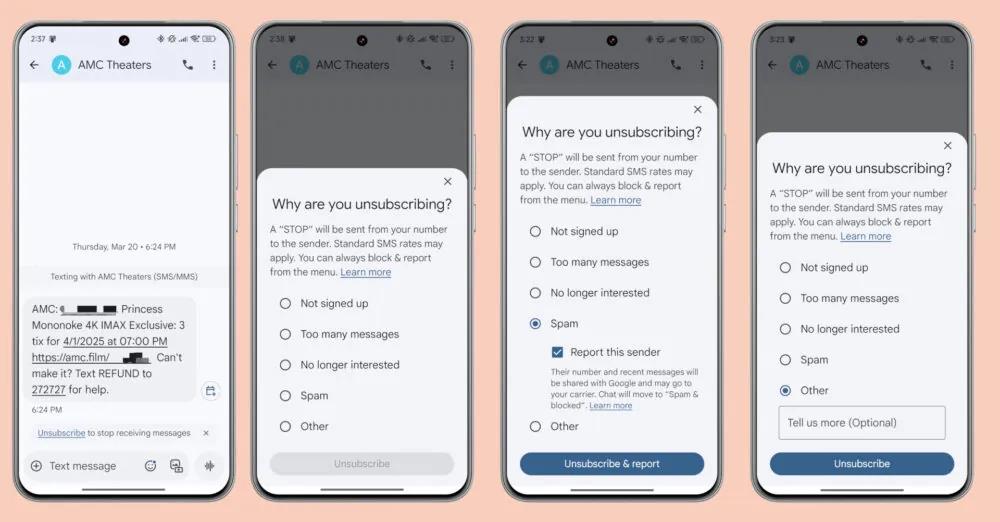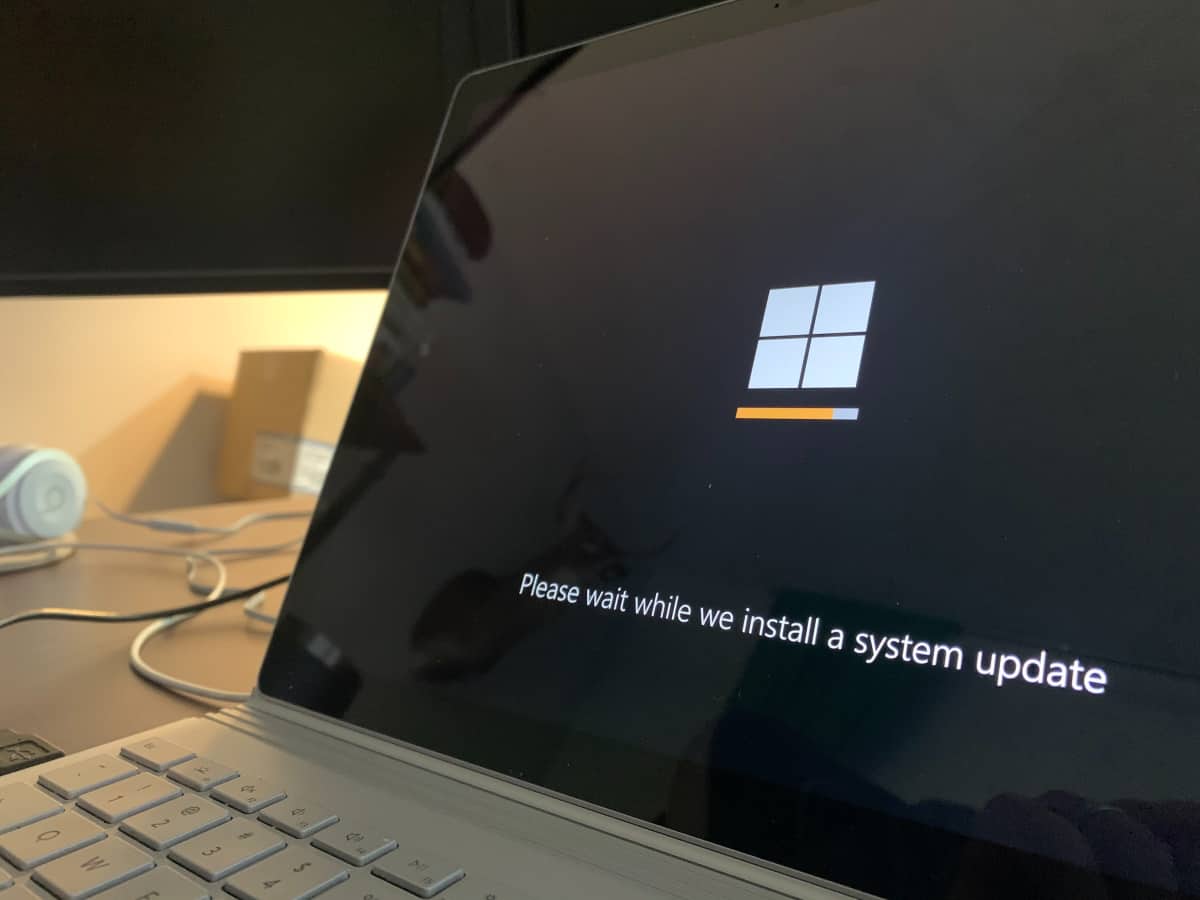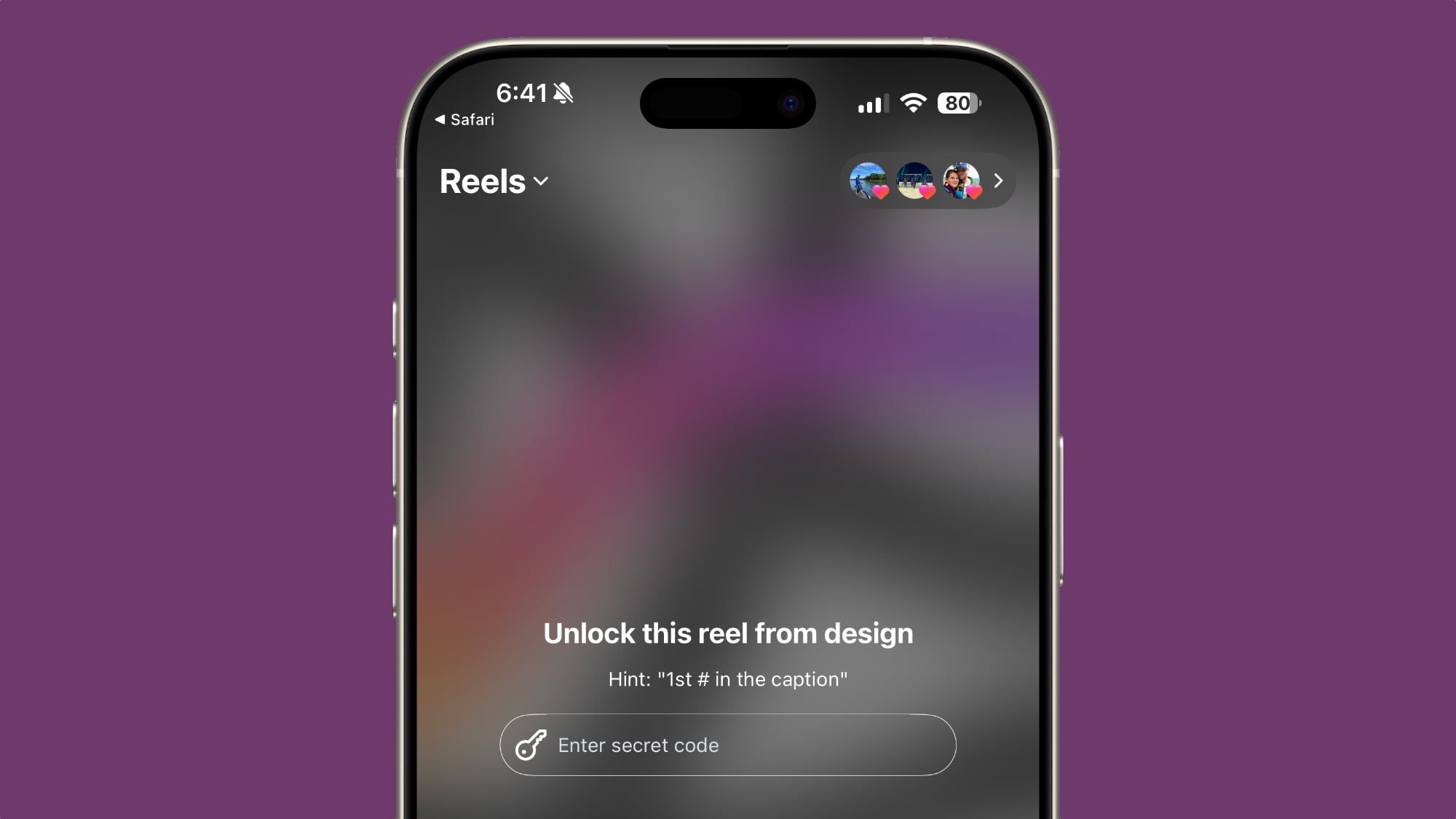Petition for Public Interest Litigation (PIL)
Petition for Public Interest Litigation (PIL): A Powerful Tool for Justice Introduction In a democratic country like India, the judiciary plays a crucial role in upholding the rights of citizens. However, many people, especially the underprivileged, often lack the means to approach the courts for justice. This is where Public Interest Litigation (PIL) comes into play. A PIL allows any citizen or organization to file a petition in the interest of the general public, addressing issues like environmental concerns, corruption, human rights violations, and government inaction. In this blog, we will discuss how to file a petition for PIL, its significance, and key legal aspects associated with it. What is a Public Interest Litigation (PIL)? A Public Interest Litigation (PIL) is a legal mechanism that allows individuals or organizations to seek judicial intervention in matters of public interest. Unlike traditional litigation, where only the affected party can file a case, a PIL can be filed by any concerned citizen or organization acting on behalf of those who may not be able to approach the court themselves. Key Features of PIL: ✔ Can be filed in the Supreme Court, High Court, or even lower courts in some cases. ✔ Addresses issues affecting the general public rather than individual disputes. ✔ Allows any citizen, NGO, or social activist to approach the court. ✔ Focuses on constitutional rights, social justice, and public welfare. Who Can File a PIL? Any individual, group, or organization can file a PIL if they can show that the issue affects the public at large. However, the petitioner must not have any personal interest in the case. Courts are strict in rejecting PILs that are filed for political or personal motives. Some common petitioners in PIL cases include:
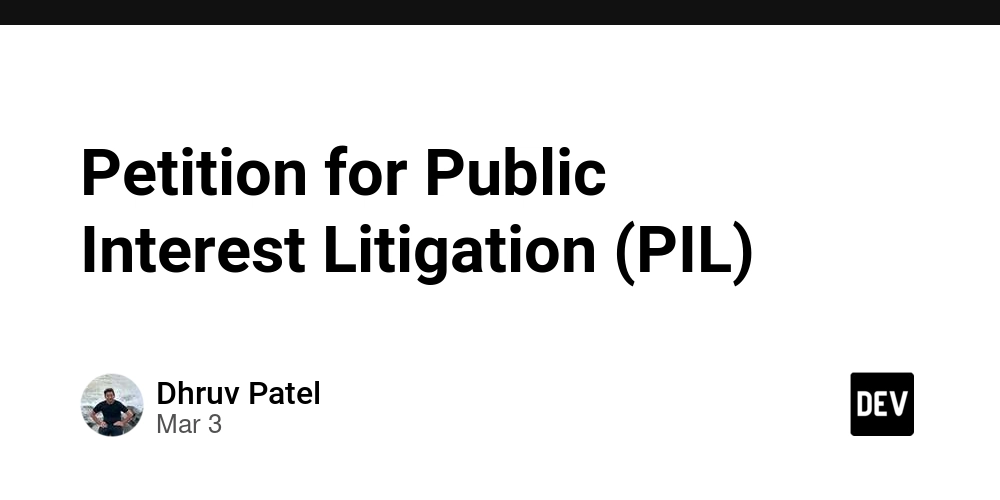
Petition for Public Interest Litigation (PIL): A Powerful Tool for Justice
Introduction
In a democratic country like India, the judiciary plays a crucial role in upholding the rights of citizens. However, many people, especially the underprivileged, often lack the means to approach the courts for justice. This is where Public Interest Litigation (PIL) comes into play. A PIL allows any citizen or organization to file a petition in the interest of the general public, addressing issues like environmental concerns, corruption, human rights violations, and government inaction.
In this blog, we will discuss how to file a petition for PIL, its significance, and key legal aspects associated with it.
What is a Public Interest Litigation (PIL)?
A Public Interest Litigation (PIL) is a legal mechanism that allows individuals or organizations to seek judicial intervention in matters of public interest. Unlike traditional litigation, where only the affected party can file a case, a PIL can be filed by any concerned citizen or organization acting on behalf of those who may not be able to approach the court themselves.
Key Features of PIL:
✔ Can be filed in the Supreme Court, High Court, or even lower courts in some cases.
✔ Addresses issues affecting the general public rather than individual disputes.
✔ Allows any citizen, NGO, or social activist to approach the court.
✔ Focuses on constitutional rights, social justice, and public welfare.
Who Can File a PIL?
Any individual, group, or organization can file a PIL if they can show that the issue affects the public at large. However, the petitioner must not have any personal interest in the case. Courts are strict in rejecting PILs that are filed for political or personal motives.
Some common petitioners in PIL cases include:



























































































































































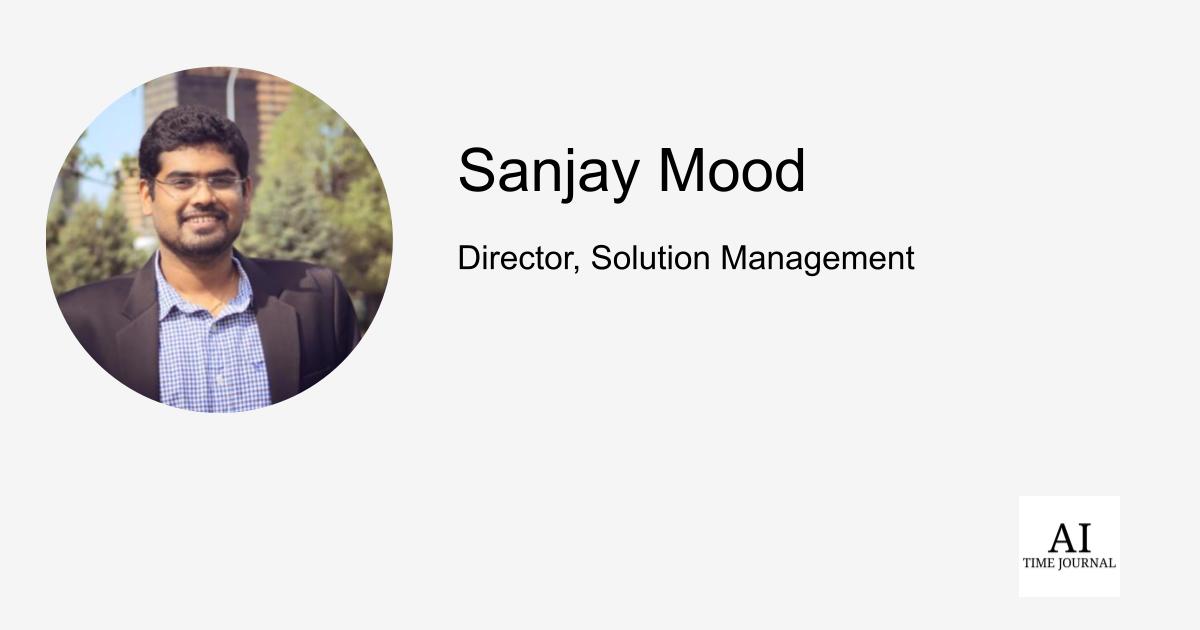














![[The AI Show Episode 143]: ChatGPT Revenue Surge, New AGI Timelines, Amazon’s AI Agent, Claude for Education, Model Context Protocol & LLMs Pass the Turing Test](https://www.marketingaiinstitute.com/hubfs/ep%20143%20cover.png)









































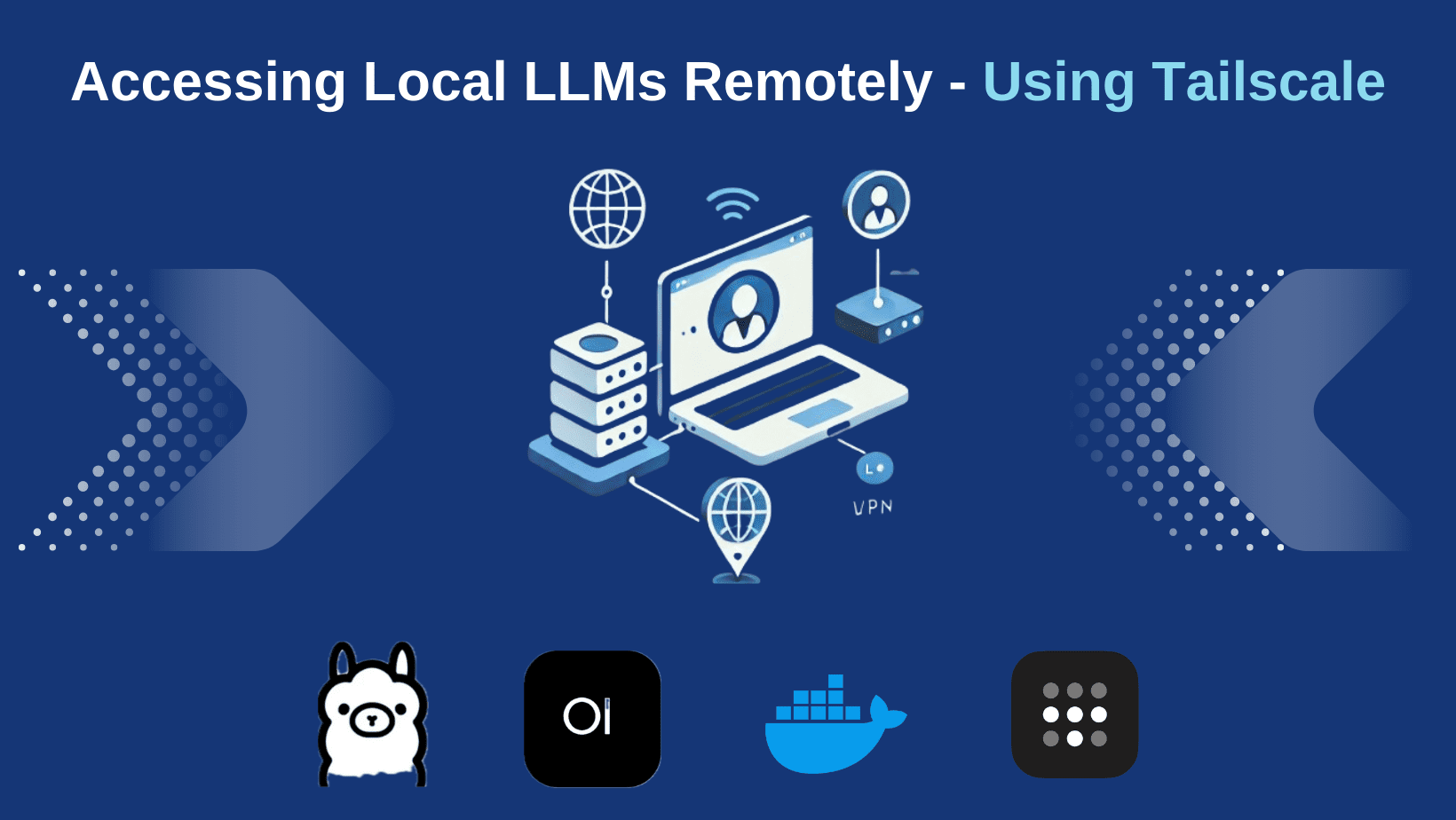









































































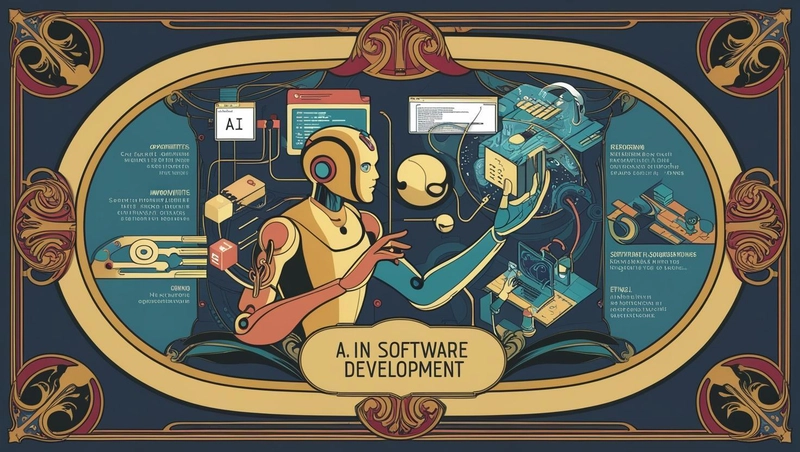





















































































































































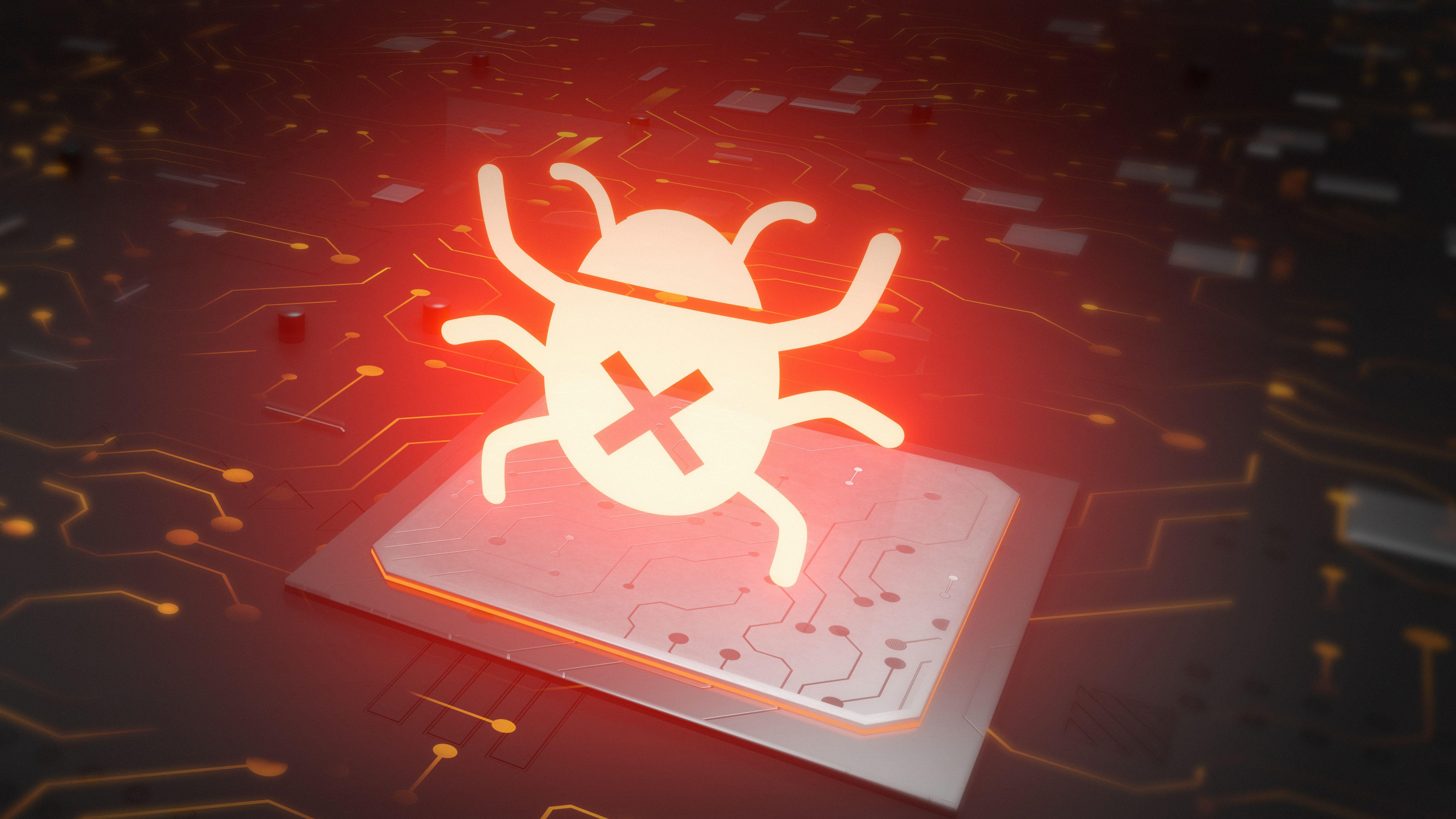
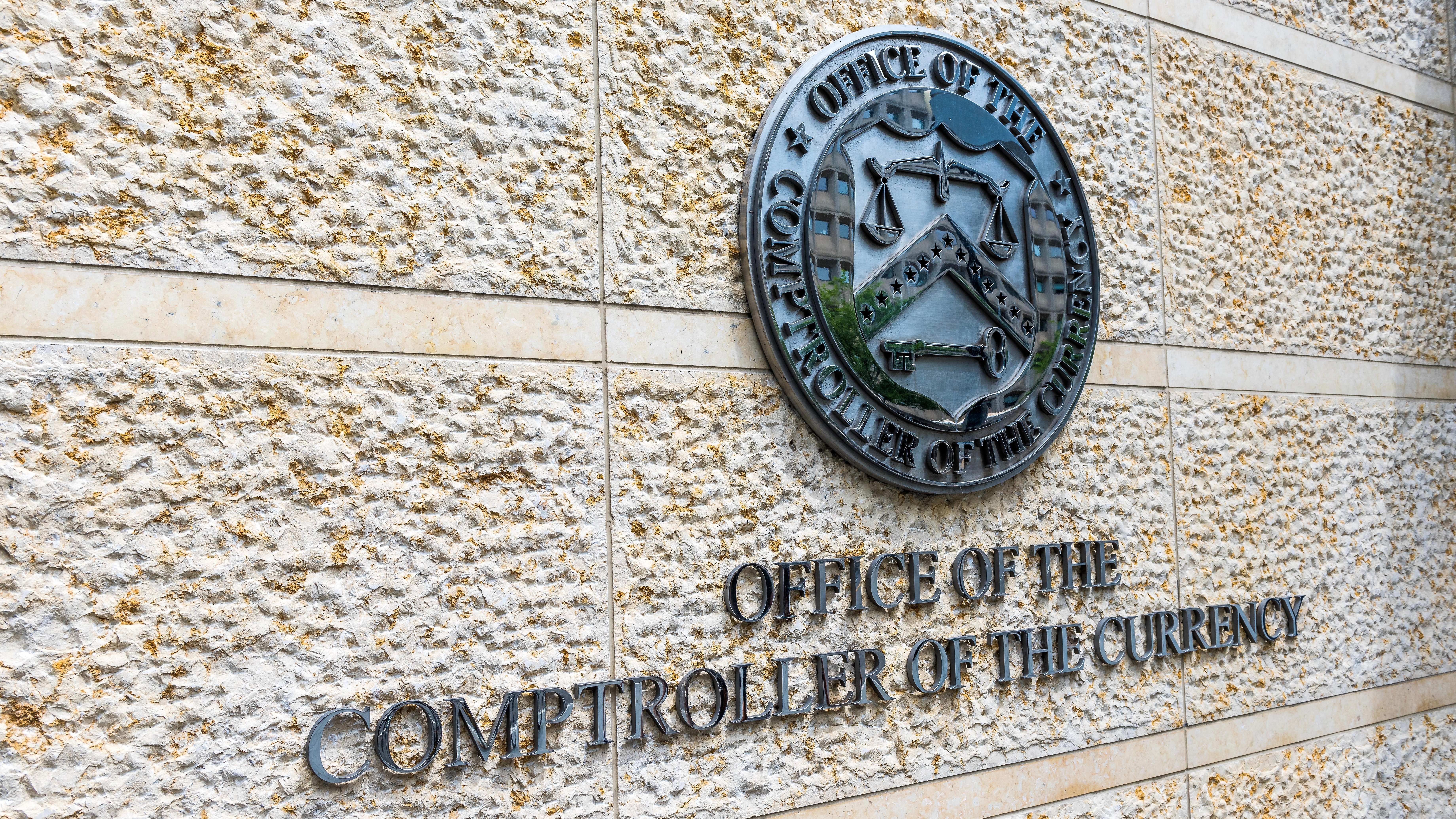















































































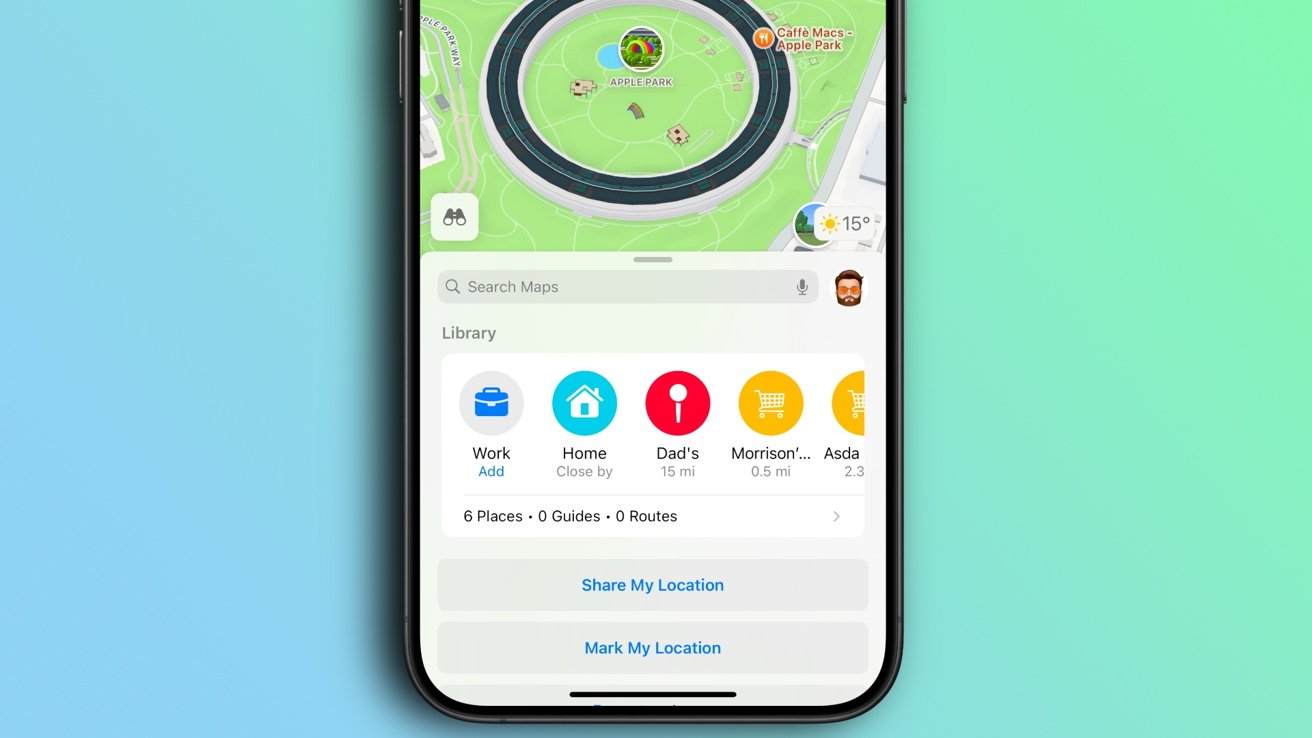
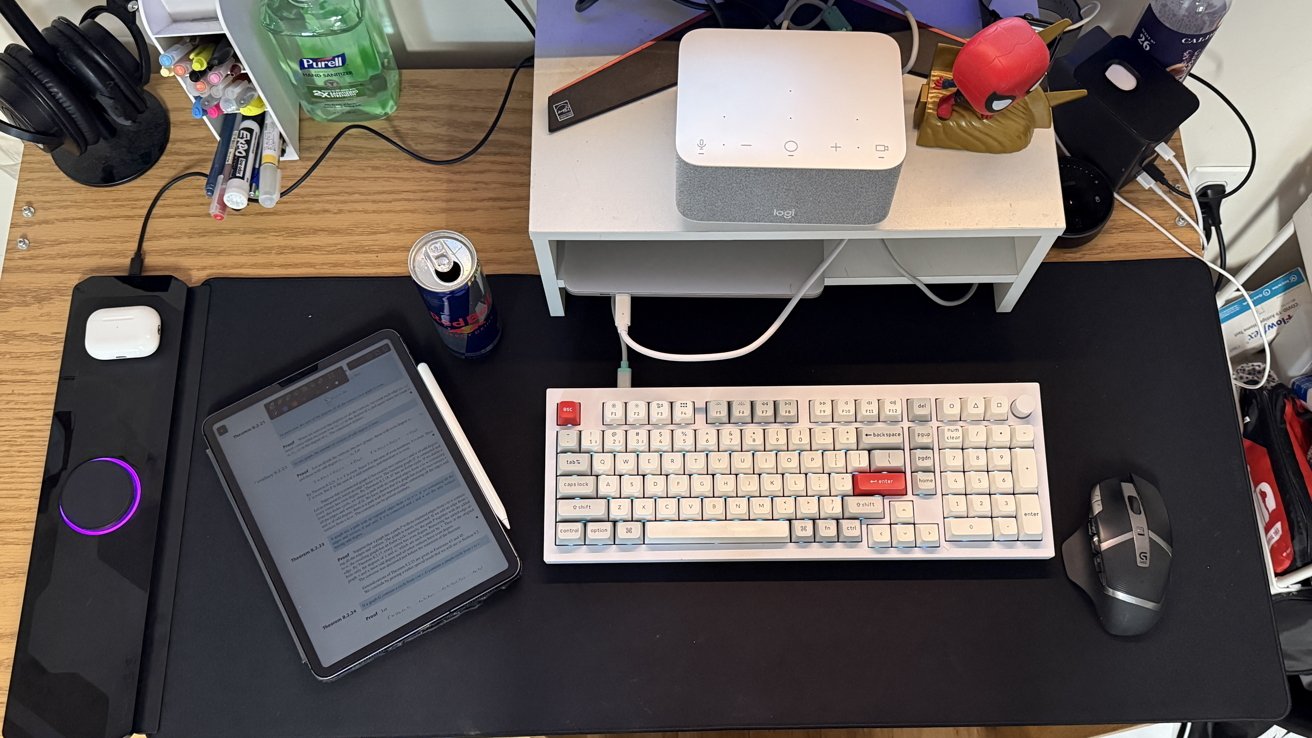























![Apple Watch to Get visionOS Inspired Refresh, Apple Intelligence Support [Rumor]](https://www.iclarified.com/images/news/96976/96976/96976-640.jpg)
![New Apple Watch Ad Features Real Emergency SOS Rescue [Video]](https://www.iclarified.com/images/news/96973/96973/96973-640.jpg)
![Apple Debuts Official Trailer for 'Murderbot' [Video]](https://www.iclarified.com/images/news/96972/96972/96972-640.jpg)
![Alleged Case for Rumored iPhone 17 Pro Surfaces Online [Image]](https://www.iclarified.com/images/news/96969/96969/96969-640.jpg)





















